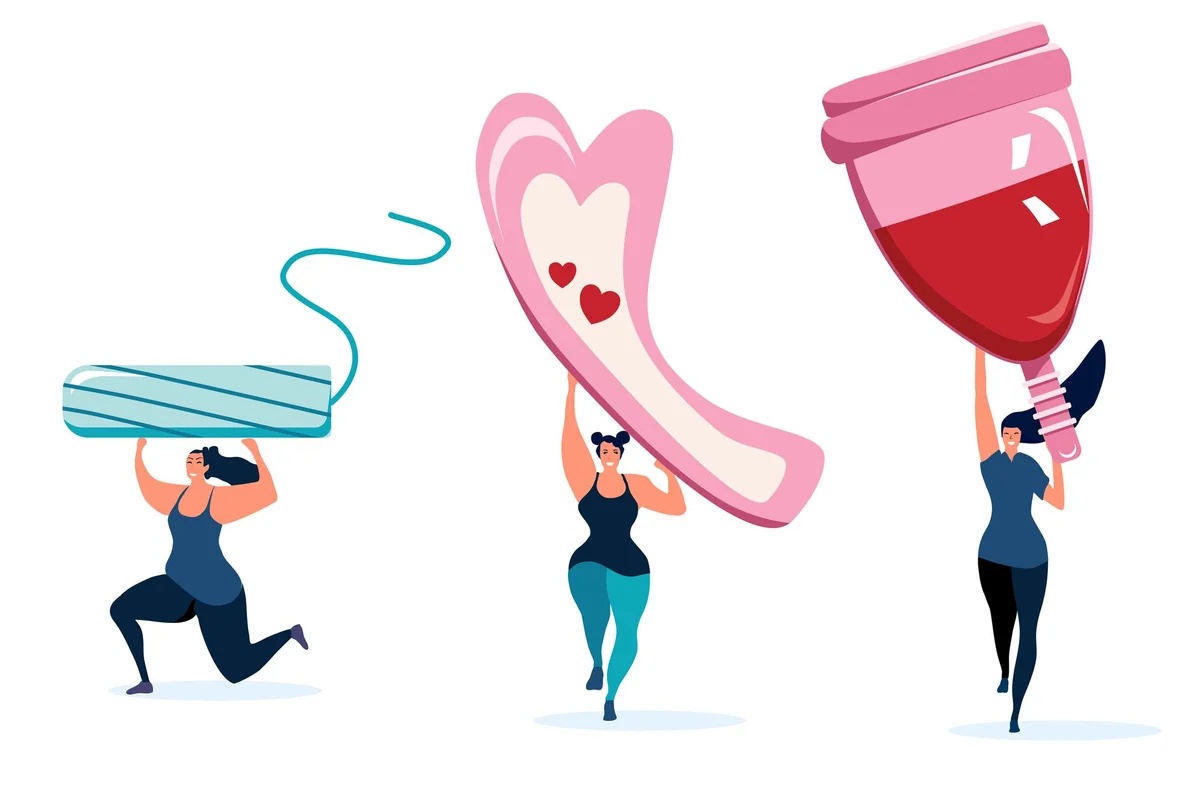Stigmas about periods: Women menstruate from puberty to menopause. During that time, they’re told to keep quiet about periods in every way possible. So you should never talk about them at work or school, and don’t even consider bringing up period talk at the dinner table or around small children. But as more and more research proves that menstrual stigmas negatively affect women’s health and wellness, it’s time to start breaking the silence around menstruation. Here are seven common period stigmas you should try to eliminate from your life today:
- Menstruation is dirty
- Menstruation is shameful
- Menstruation is a punishment,
- Menstruation makes women weak
- Menstruation makes women crazy,
- Menstruation makes women dangerous,
- Menstruating women are unclean and impure
These stigmas create shame for menstruating women, leading to issues such as depression and anxiety. It also prevents men from talking openly with their partners about menstruation, making it difficult for them to understand what their partner is going through.
The Truth About Menstruation
Menstruation is a natural and necessary part of life. Some women are lucky enough never to experience any adverse effects from menstruation. But many others, especially those with endometriosis or PCOS (polycystic ovarian syndrome), suffer from severe pain during their period. The most common symptoms include cramping, bloating, back pain, headaches and nausea. These symptoms can be highly debilitating for some women and make it difficult to live a normal life.
Menstrual Hygiene
Menstrual hygiene is a type of sanitation and refers to people having access to bathrooms or other facilities (like menstrual cups) that allow them to manage their period hygienically.
Body Image
Some people think that no one else can tell when they are menstruating, but we all have tell-tale signs of our period. Here are some everyday things that people do when they’re having their period.
- We wear pads or tampons
- We use a lot of pain relievers
- We change our pad or tampon often
- We wear dark clothing
- We go to bed early
- We drink more water than usual
- We take baths instead of showers
- We spend more time in front of mirrors
- Our mood changes
- Our appetite changes
- Our skin breaks out
- We feel bloated
Although these stigmas are widespread, society is improving. For example, women in North America, Europe, and parts of South Asia have access to sanitary pads, period swimwear, and education about menstruation.
Workplace Inequality Makes Menstruation Difficult
In today’s workforce, more women are at work than ever before. Globally, women earned 46% of all degrees in 2020. However, 44% of women report missing work due to their period symptoms. This problem needs to be addressed for women to reach their full potential at work and in life.
According to Wuka, “Employers are obligated by law to accommodate their employees’ circumstances, including those related to their periods.” However, many women report that they feel uncomfortable discussing menstruation at work and are unsure how to go about requesting accommodations for their period symptoms.
In many cases, period stigma is a result of ignorance and neglect. The more people discuss it openly and share their stories, the closer we get to ending period-shaming. If you feel alone or uncomfortable talking about your period with others, don’t hesitate to reach out online for support.
Also Read: How To Maintain Mental Health?




